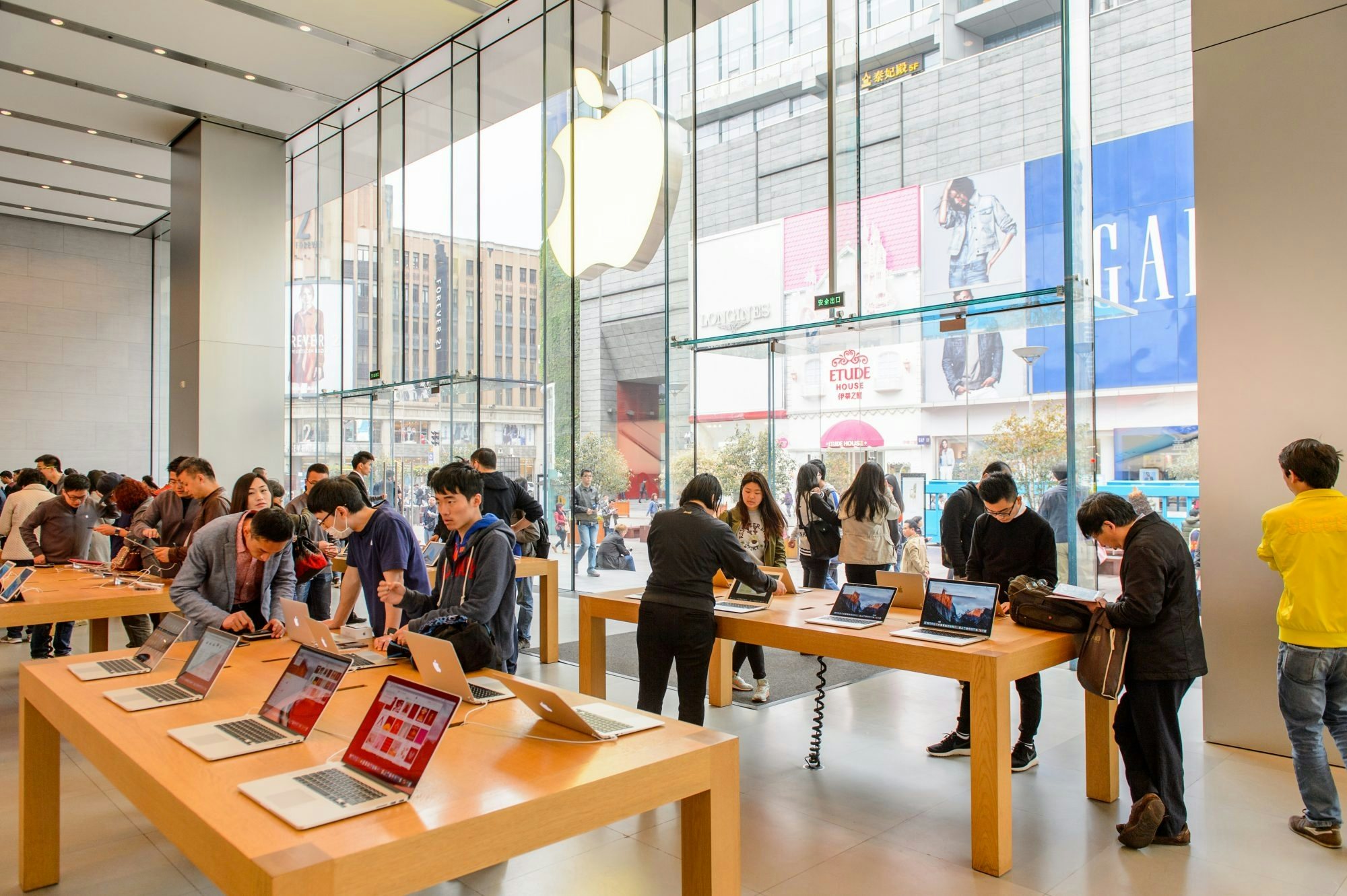Chinese wealthy consumers' enthusiasm for luxury goods is on the rise and brands like Bulgari and Apple are reaping the benefits, according to Hurun's latest consumer report. The report features Hurun’s “Best of the Best Awards 2017,” based on the results of the research insititute's Chinese Luxury Consumer Survey 2017. According to the survey, 90 percent of the country's millionaires are “confident” in China's economic development, and their “appetite for luxury” has risen 20 percent compared to the year before.
Hurun surveyed 449 millionaires in the mainland, defining “millionaires” as those with a personal wealth of RMB 10 million (US$1.4 million). About 12 percent of those surveyed were “super-rich,” with a personal wealth of RMB 100 million; about 60 percent of this elite group came from China's first-tier cities. The respondents gave insights into which luxury brands are performing particularly well in China, especially when it comes to their choices for gifts for family and friends during Chinese New Year.
Apple came out on top for men as a particularly popular brand, with 25 percent of male respondents saying they would gift an Apple product during Chinese New Year. For women, Apple rose to second place, with just over 14 percent of respondents saying they would give an Apple product as a gift. However, the year’s biggest winner was arguably Bulgari. The brand became particularly popular for gifting this year—for women, it rose five places to rank number four, while for men, it ranked number seven, ahead of Gucci, Hermès, and Dior. New to the list were brands like Burberry for men, while Wuliangye joined Moutai among the rankings as a popular baijiu brand.
Hurun noted that while overall, gift giving trends didn't change drastically compared to last year, travel vouchers were more popular for affluent consumers this year. This was particularly true among women. About 6 percent of those surveyed were likely to give travel vouchers as gifts to women, just ahead of watches and electronics. As far as the types of gifts men were likely to receive, travel vouchers were low on the top 10 list, behind products like wine, electronics, and imported spirits.
When it comes to paying for luxury goods, the Hurun report revealed that AliPay is the number one method of payment. While WeChat payments have grown in prevalence, AliPay’s dominance is hardly surprising given its dedicated efforts toward integration with retailers around the globe. Late last year, Alipay made major strides in expanding its network to cater to Chinese travelers by partnering with payment providers in the United States.
Other areas of the survey point to major trends among luxury consumers in the past year. To take just one example, golf has moved up a few places to become the second most popular sport for men (jogging is ranked number one). Marketing to this demand are places like the Ritz-Carlton's new golf course in Hainan Province, which launched this month, the hotel group's first in the country. For women, yoga took the number one spot, with 22.5 percent of respondents naming it their favorite sport. Travel is listed as the top “leisure activity” in the survey—China's wealthy spend, on average, three days more per month traveling compared to last year. In fact, taking trips is among the top three major sources of spending for consumers, but parents are now paying more for their children’s education than they are spending on luxury goods.
